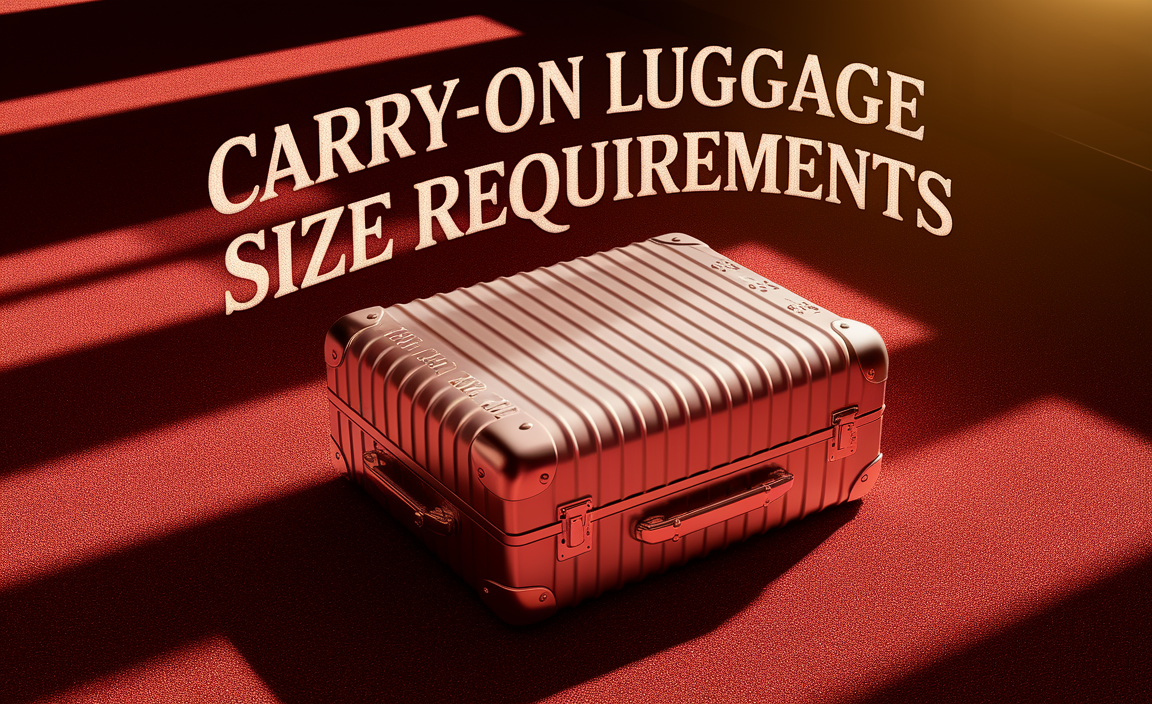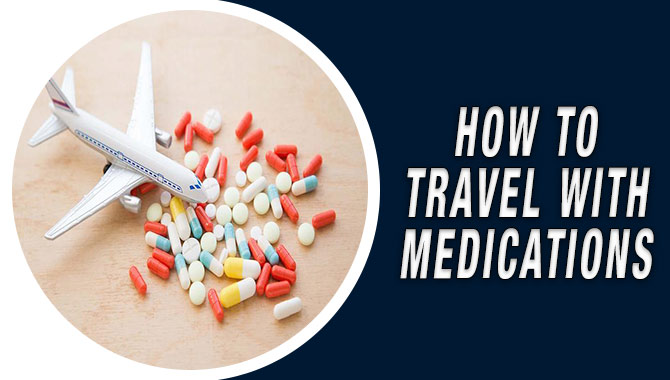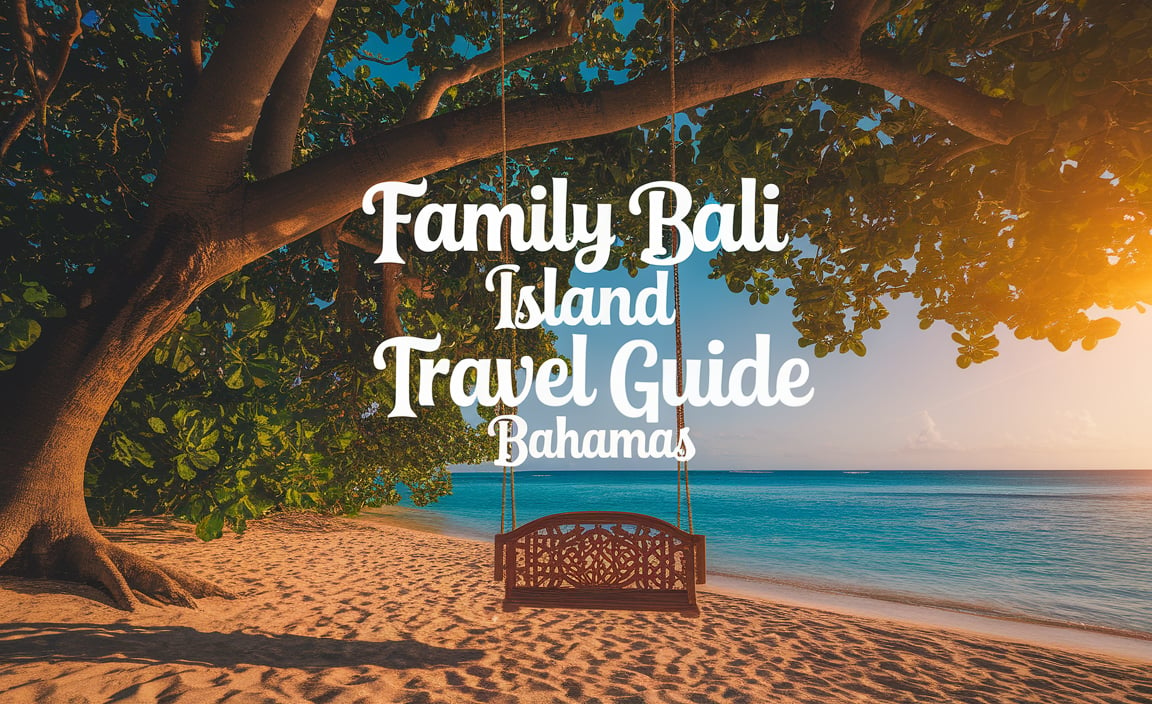Austria budget travel guide essential tips | Enjoy Austria affordably with savvy planning. Discover how to save on accommodation, transport, food, and attractions using practical advice for a comfortable and stress-free trip. Make your Austrian adventure accessible without breaking the bank.
Dreaming of majestic Alps, charming imperial cities, and delicious strudel, but worried about your wallet? Traveling Austria on a budget might seem daunting, but it’s entirely achievable with the right approach. Many travelers think Austria is an expensive destination, and while it can be, smart planning makes all the difference. We’re here to show you how to experience the magic of Austria without the hefty price tag.
This guide is packed with practical tips, from finding affordable stays to enjoying local flavors without overspending. We’ll walk you through each step, ensuring your Austrian journey is as comfortable and enjoyable as it is budget-friendly. Get ready to discover how to travel smarter!
Here’s what we’ll cover to get your Austrian adventure rolling:
- Smart Accommodation Choices
- Navigating Austria Affordably (Transport)
- Eating Well on a Budget
- Must-See Attractions Without Breaking the Bank
- Seasonal Savings and Timing Your Trip
- Packing Essentials for Comfort and Savings
Chapter 1: Smart Accommodation Choices for Budget Travelers
Finding a comfortable and wallet-friendly place to rest your head is crucial for any budget trip. Fortunately, Austria offers a range of options beyond luxury hotels. These choices can significantly cut down your overall travel costs, allowing you to allocate more of your budget to experiences.
Hostels: The Social and Affordable Hub
Hostels are fantastic for solo travelers or those looking to meet people. They offer dorm-style rooms, often with shared bathrooms, which drastically reduces the price per night. Many hostels also provide private rooms if you prefer more privacy but still want the social atmosphere and lower cost than a hotel. They usually have communal kitchens, which is a huge money-saver for meals.
Guesthouses and Pensions: Cozy and Economical
These are often family-run establishments offering a more intimate and personal experience. Pensions and guesthouses typically provide comfortable rooms, sometimes with breakfast included, at a price point below hotels. They are a great way to experience local hospitality and can be found in both cities and smaller towns.
Vacation Rentals (Apartments): More Space, More Savings
For longer stays or families, renting an apartment through platforms like Airbnb can be very cost-effective. Having a kitchen allows you to prepare your own meals, saving a considerable amount on dining out. You also get more living space, which can be a big comfort, especially if traveling with children. Some apartments also offer amenities like laundry facilities. For those who might require extra discretion or peace of mind regarding continence during travel, having private facilities in a rental can be a significant comfort factor, eliminating the need to worry about public restrooms or specialized needs while on the go.
Camping: The Ultimate Budget Experience
If you love the outdoors, camping is the most budget-friendly option. Austria has many well-maintained campsites, especially in scenic rural areas and near lakes. This is particularly appealing for adventurers and families seeking a back-to-nature experience. Some campsites offer basic cabins or mobile homes for rent if you don’t want to bring your own gear.
Location, Location, Location
Consider staying slightly outside the absolute city center. While convenient, central locations often come with premium prices. Public transport in Austria is excellent, so staying a short train or tram ride away can save you money without sacrificing accessibility to attractions. Always check transport links before booking.
Chapter 2: Navigating Austria Affordably: Transport Tips
Getting around Austria is generally efficient and comfortable, but costs can add up. By choosing the right transport methods and booking in advance, you can keep your travel expenses down.
Trains: The Backbone of Austrian Travel
The Austrian Federal Railways (ÖBB) is a superb network connecting most major cities and towns. For the best prices, book your tickets in advance. Look out for:
- SparSchiene Tickets: These are special discounted tickets for specific routes, available a limited number of times. Book as early as possible for the best deals.
- ÖBB Vorteilscard: If you plan on taking multiple train journeys, this card (available in different tiers) can offer significant discounts on tickets for a year. Calculate if the card’s cost is offset by your expected savings.
- Night Trains: Traveling overnight can save you the cost of a night’s accommodation and a day’s travel time.
You can find more information and book tickets on the ÖBB website.
Buses: Connecting the Gaps
For smaller towns or routes not well-served by trains, long-distance bus companies like FlixBus offer very competitive prices. Like train tickets, booking bus tickets in advance usually secures the lowest fares.
Public Transport within Cities
Most Austrian cities have excellent public transport systems (trams, buses, metro in Vienna). Buying day passes or weekly passes is much cheaper than purchasing individual tickets, especially if you plan to use public transport frequently. Many cities also offer tourist cards that include public transport and free or discounted entry to attractions.
Car Rental: Weighing the Costs
While car rental offers flexibility, it can be expensive, especially when you factor in fuel, tolls (vignettes), parking, and insurance. If you’re sticking to major cities and using public transport, renting a car might not be necessary. For extensive exploration of rural areas, however, it might be worth considering, especially if traveling with a group to share costs.
A Note on Comfort and Needs
For travelers who might need to manage personal care needs, like adult or child diapers, planning transport is also about ensuring comfort. Public transport in Austria is generally very accommodating. If you’re using a rental car, you have the freedom to stop whenever needed. For train or bus journeys, consider booking seats with more legroom if available, or traveling during off-peak hours when it might be less crowded, offering more personal space and ease of access if needed.
Chapter 3: Eating Well on a Budget in Austria
Austrian cuisine is hearty and delicious, and enjoying it doesn’t have to drain your funds. By being strategic, you can savor local delicacies while keeping costs low.
Embrace Local Markets and Bakeries
Supermarkets and local markets are your best friends for affordable food. Grab fresh bread, cheese, cold cuts, fruits, and vegetables for simple, delicious picnic lunches. Bakeries offer pastries and sandwiches that are great for a quick, inexpensive meal on the go. This is also a fantastic way to try local specialties like “Käsekrainer” (a type of sausage) from a street vendor – often a tasty and budget-friendly option.
Picnics with a View
Austria is brimming with stunning natural beauty. Pack a picnic from your local shop and enjoy it with a view of the Alps, a quiet park, or by a picturesque lake. It’s a memorable experience that costs a fraction of restaurant dining.
Look for “Mittagsmenü” (Lunch Menus)
Many restaurants, especially in cities, offer a “Mittagsmenü” or lunch special on weekdays. These are often multi-course meals at a significantly reduced price compared to their à la carte dinner options. It’s an excellent way to try good quality Austrian food at a fraction of the price.
Budget-Friendly Restaurants and “Beisln”
Seek out traditional taverns, often called “Beisln” in Vienna, or Gasthäuser in other regions. These are typically more casual and cheaper than fine dining establishments. They serve traditional Austrian dishes like Wiener Schnitzel, Goulash, and Kaiserschmarrn, often in generous portions.
Self-Catering in Hostels and Apartments
As mentioned earlier, if your accommodation has a kitchen, take advantage of it! Cooking even a few meals yourself can lead to substantial savings. Simple pasta dishes, hearty soups, or preparing breakfast and packing lunches will make a big difference to your budget.
Tap Water: Your Free Beverage
Don’t buy bottled water; Austrian tap water is exceptionally pure and safe to drink. Carry a reusable water bottle and refill it throughout the day. This saves money and is better for the environment.
Chapter 4: Must-See Attractions Without Breaking the Bank
Austria is rich in culture and history, and many of its most captivating attractions are surprisingly affordable or even free.
Explore Cities on Foot or Public Transport
The best way to experience Austrian cities like Vienna, Salzburg, or Innsbruck is by walking. You discover hidden gems, enjoy the architecture, and soak in the atmosphere without spending a dime. Utilize public transport for longer distances within cities, especially with day passes.
Free Walking Tours
Most major cities offer free walking tours. These tours are tip-based, meaning you pay what you feel the guide deserves at the end. It’s a fantastic way to get an overview of the city’s history and main sights from a local perspective. Look for tours in Vienna, Salzburg, and Innsbruck.
Parks and Gardens: Natural Beauty
Austria boasts beautiful parks and gardens, many of which are free to enter. In Vienna, the Augarten, Stadtpark, and sections of the Schönbrunn Palace grounds are wonderful for a stroll. Salzburg’s Mirabell Gardens are famously beautiful and free to wander.
Churches and Cathedrals
Many of Austria’s stunning churches and cathedrals, like St. Stephen’s Cathedral in Vienna or Salzburg Cathedral, can be visited for free. While there might be a fee to climb towers for panoramic views or visit crypts, the main nave is usually accessible to all. These often house incredible art and architecture.
Hiking and Nature
The Austrian Alps offer endless opportunities for free outdoor activities. Hiking is a quintessential Austrian experience. Trails range from gentle walks to challenging climbs. Pack appropriate gear and explore the breathtaking landscapes. Many national parks offer stunning vistas and recreational opportunities at no cost.
Museums: Discount Days and City Cards
While some museums have steep entrance fees, many offer discounted days or hours. Check individual museum websites. Alternatively, consider city tourist cards (e.g., Vienna Pass, Salzburg Card). These cards can offer free public transport and free or discounted entry to numerous attractions. Calculate if the card’s cost is worth it based on what you plan to see and do. For example, the Salzburg Card can be a good investment if you intend to visit many of its paid attractions and use public transport.
Seasonal Attractions
Enjoying seasonal events like Christmas markets (late November to December) can be a budget-friendly way to experience local culture. Browsing the stalls and enjoying the festive atmosphere is free, though tempting treats and souvenirs can add up! Consider visiting during the shoulder seasons (spring or autumn) for fewer crowds and potentially lower prices on accommodation and some activities.
Chapter 5: Seasonal Savings and Timing Your Trip
When you visit Austria can significantly impact your budget. Traveling during peak season means higher prices and bigger crowds, while the off-season offers savings and a more relaxed experience.
Peak Season: Summer (June-August) and Winter Ski Season (December-March)
These are the most popular times to visit Austria. Summer offers pleasant weather for hiking and city exploration, while winter is ideal for skiing. During these periods, expect higher prices for flights, accommodation, and sometimes even attractions. Booking well in advance is essential.
Shoulder Seasons: Spring (April-May) and Autumn (September-October)
These are arguably the best times to travel on a budget. The weather is often still pleasant, though it can be more unpredictable. Crowds are smaller, and accommodation prices tend to be lower. Spring sees flowers blooming, and autumn brings beautiful foliage, making for stunning scenery. You can often find better deals on flights and hotels during these months.
Off-Season: November and March (excluding ski resorts)
While some services might be limited, traveling in the deepest off-season can offer the lowest prices. November, before the Christmas markets kick off and after the autumn foliage has fallen, can be very quiet. January and February (outside of peak ski weeks) can also see lower prices in non-ski resort towns. Be prepared for cooler weather and potentially shorter opening hours for some attractions.
Booking in Advance is Key
Regardless of the season, booking flights and accommodation several months in advance is crucial for securing the best prices. This is especially true if you have specific needs for comfort, such as ensuring adequate space or accessibility for personal care items. Booking early gives you more options and allows you to compare prices effectively.
Chapter 6: Packing Essentials for Comfort and Savings
Smart packing can save you money and ensure comfort throughout your trip. Avoid hefty baggage fees and the need to buy items you forgot.
Versatile Clothing
Pack layers that can be mixed and matched. Comfortable walking shoes are non-negotiable. Consider bringing a lightweight, waterproof jacket, as Austrian weather can be changeable. For those who might need discretion and comfort for longer journeys or unexpected situations, packing a few extra pairs of adult or child diapers in your carry-on or easily accessible luggage can provide invaluable peace of mind and freedom to enjoy your travels without worry.
Reusable Items
Bring a reusable water bottle, a foldable shopping bag for groceries and souvenirs, and maybe even a travel cutlery set if you plan on many self-catered meals or picnics. These items help save money and reduce waste.
Medications and Personal Care
Pack any prescription medications and essential personal care items. If you require specific products like adult diapers or child diapers, bringing an adequate supply from home ensures you have trusted brands and sizes that meet your needs. This avoids the potential hassle and expense of finding them abroad, especially if specialized products are required.
Travel Adapter
Austria uses Type F plugs (Schuko plugs). Ensure you have a universal adapter if your electronics have different plug types. This is a small item that can prevent a big problem upon arrival.
Comfort Items
Depending on your travel style, a travel pillow, earplugs, or an eye mask can significantly improve comfort, especially on long journeys or in shared accommodation. This focus on comfort extends to ensuring personal dignity and ease, which is where having reliable personal care products can make a world of difference.
Budget Austria Travel Summary Table
Here’s a quick look at typical budget costs for a solo traveler in Austria. These are estimates and can vary greatly based on your choices.
| Category | Estimated Daily Cost (EUR) | Notes |
|---|---|---|
| Accommodation (Hostel/Budget Guesthouse) | 30 – 60 | Dorm bed to basic private room. |
| Food (Mix of self-catering, markets, budget eateries) | 30 – 50 | Picnics, bakeries, lunch menus. |
| Transportation (Local transport, occasional train) | 15 – 30 | City passes, advance train tickets. |
| Attractions & Activities (Free + 1-2 paid entries) | 10 – 25 | Focus on walking tours, parks, and free sites. |
| Miscellaneous (Souvenirs, coffee etc.) | 10 – 20 | Personal spending. |
| Total Estimated Daily Budget | 95 – 185 | This range covers essential needs and some enjoyment. |
Frequently Asked Questions (FAQ)
Is Austria expensive for tourists?
Austria can be more expensive than some other European countries, particularly cities like Vienna and Salzburg. However, with strategic planning, particularly regarding accommodation, food, and transport, it is very possible to travel Austria on a budget.
What is the cheapest time to visit Austria?
The shoulder seasons (spring and autumn) generally offer the best balance of good weather and lower prices. Traveling in November (before Christmas markets) or early spring/late autumn can also yield significant savings.
How can I save money on food in Austria?
Focus on shopping at local supermarkets and markets for picnics, utilizing bakeries for snacks and light meals, and looking for “Mittagsmenü” (lunch specials) at restaurants. If your accommodation has a kitchen, self-catering is a great way to save.
Is public transport good in Austria?
Yes, Austria has an excellent and efficient public transport system. The ÖBB train network is extensive, and cities have reliable tram, bus, and metro services. Purchasing day passes or regional passes can offer cost savings.





